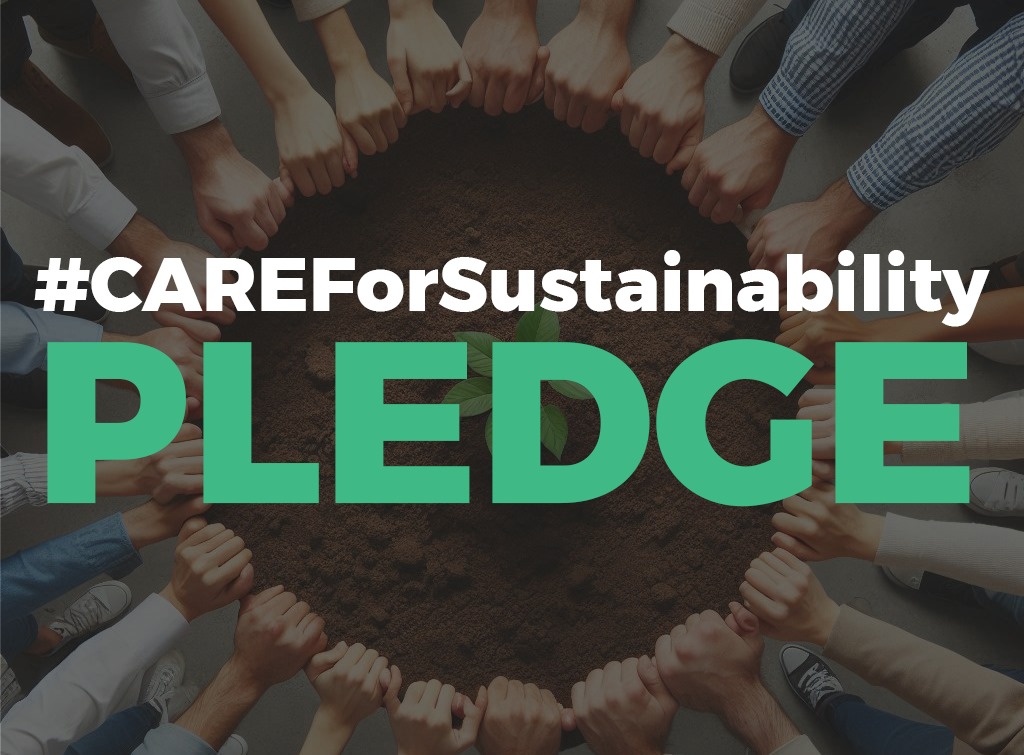Kara Hurst, Chief Sustainability Officer at Amazon, once highlighted the evolving landscape of business sustainability, noting, “Businesses can get better at communicating their values and the benefits that their sustainability strategy has for their customers, communities, and the world. The circular economy will become more prevalent, where consumers won’t feel the need to own every product or service but will still be able to access it when they need it.”
In line with this vision the United Arab Emirates (UAE) has been making significant strides in placing itself at the frontlines of sustainable manufacturing and production while driving the MENA region towards a green future through innovative initiatives and strategic partnership.
The Foundation of Sustainable Industrialisation: Dubai Industrial Strategy
A major cornerstone of this vision particularly for a sustainable industrial future is the Dubai Industrial Strategy. Serving as a blueprint, the strategy is built on five pivotal objectives that are designed to restructure Dubai’s industrial sector: escalating the total output and value-addition of the manufacturing sector, enhancing the knowledge and innovation base, promoting environmentally friendly and energy-efficient manufacturing sector, positioning Dubai as a preferred manufacturing platform for global businesses while establishing itself as a centre for the global Islamic products market.
The strategy identifies six priority sub-sectors – aerospace, maritime, aluminium and fabricated metals, pharmaceuticals and medical equipment, food and beverages, and machinery and equipment. It outlines 75 initiatives that are projected to add AED 160 billion to Dubai’s economy by 2030, transforming it into a global hub for knowledge-based, innovative, and sustainable industries.
Powering the Future: UAE’s Investment in Renewable Energy
To further assist the industrial sector in transitioning towards a greener future, the UAE has heavily invested in enhancing its renewable energy infrastructure that will power its manufacturing sector. A significant initiative in this direction is the Dubai Clean Energy Strategy 2050, which aims to transform the emirate into an international hub for clean energy and a green economy. This ambitious strategy targets generating 75% of Dubai’s total power output from clean energy sources by 2050. The introduction of such policies showcases the UAE’s commitment to integrating sustainable practices within its core industrial operations, thereby reducing the carbon footprint and promoting the use of renewable energy sources.
Advancing Circular Economy in the UAE
The circular economy model is crucial to the UAE’s sustainable development goals, aiming to minimise waste and optimise resource use. This model encourages businesses to design products for longevity, reuse, and recyclability, reducing the environmental impact and fostering a more sustainable consumption pattern. Through initiatives like the development of sustainable cities and recycling programs, the UAE is leading by example, showing how circular economy practices can be integrated into the fabric of national industrial and economic strategies.
Strengthening the sustainability ecosystem through collaborative and educational efforts is another key focus for the UAE. The nation is investing in the future by supporting sustainability-focused academic programs and research into green technologies. Collaborations between educational institutions, industry, and government are driving innovation and ensuring that the workforce of tomorrow is prepared for the challenges and opportunities of sustainable development. Additionally, international partnerships enhance knowledge exchange and support the UAE’s vision of becoming a global leader in sustainable practices.
The integration of renewable energy certificates (i-RECs) and initiatives like Dubai’s new policy for solar power generation for manufacturers underscores the UAE’s comprehensive approach to sustainability. These steps not only aim at reducing operational costs and carbon footprint but also align with the global efforts towards climate change mitigation.
The UAE’s strategic initiatives and commitment to sustainability serve as a beacon for the MENA region and the world, illustrating how sustainable manufacturing and production are integral to economic growth and environmental stewardship. Through pioneering strategies and a commitment to green practices, the UAE is setting a global benchmark for sustainable development.
Don’t miss your chance to be part of the solution! The Sustainability Forum at Madinat Jumeirah, Dubai, convenes industry leaders, innovators, and changemakers to push the boundaries of green manufacturing.
➡ Interested to Sponsor?https://lnkd.in/gyTDyXab
➡ Book Tickets: https://lnkd.in/eGyQJG3h
➡ Visit Website: https://lnkd.in/g3MvdVev
